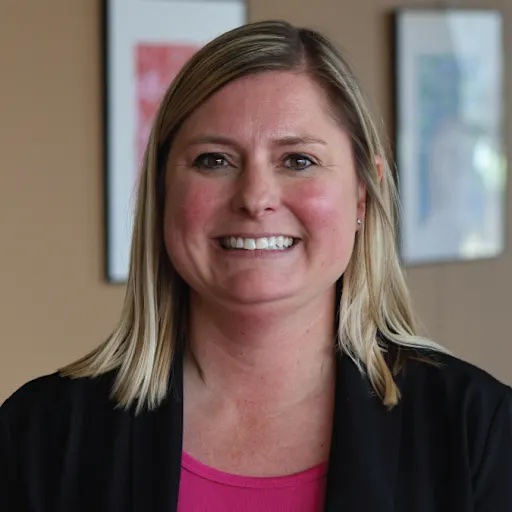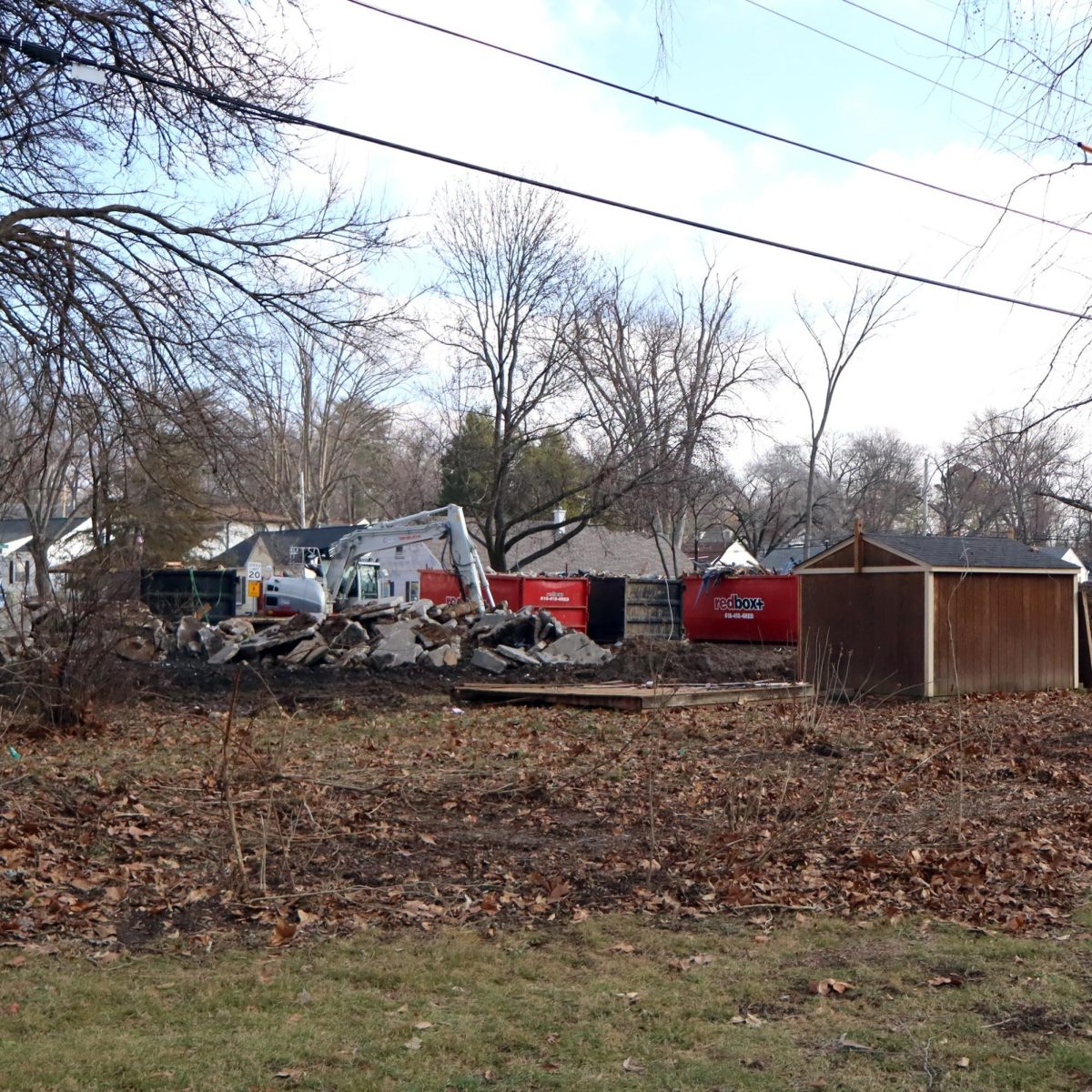A second amendment to the Mehlville Fire Protection District’s fiscal 2003 budget that reduces originally projected expenditures by $552,175 recently was approved by the Board of Directors.
Board Chairman Tom O’Driscoll, Treasurer Dan Ottoline Sr. and Secretary David Gralike voted last week to approve the fiscal 2003 budget’s second amendment that projects total revenues and transfers of $18,501,891 and total expenditures of $17,655,185 for a surplus of $846,706.
The original budget approved by the board last December projected total expenditures of $18,207,360 and total revenues and transfers of $18,551,891 for a surplus of $344,531.
A first amendment to the original budget was approved in August, which reduced projected revenues and transfers by $50,000 and expenditures by more than $300,000.
The fiscal 2003 budget is the first balanced budget in the district’s recent history. Budgets approved in previous years included deficit spending in which the district dipped into its reserve funds to keep from going in the red.
The newly amended budget projects a fund balance of $47,285,611 at the end of 2003, while the first amendment anticipated a fund balance of $47,040,690, and the original budget anticipated a fund balance of $46,438,905.
With the amended budget, the general fund is calculated to have about 10.26 months of reserve left at the end of the year, rather than the 10.05 months projected in August. The ambulance fund is projected to have 8.77 months rather than 8.75 months, the alarm fund 27.32 months rather than 30.11 months, and the pension fund 190.40 months rather than 190.71 months of reserve left at the end of 2003.
The district’s current tax rate is 92 cents per $100 of assessed valuation. In August 2002, the district brought a 25-cent tax-rate increase to a public vote for the second time in 16 months. The proposal failed by more than 63 percent of the vote.
During the Dec. 15 meeting, district Comptroller Jeff Geisler told the Board of Directors that typically the December budget amendment adjusts for any cost savings throughout the year.
In the general fund, the amendment decreased district expenditures by $97,150 from the August budget.
The salaries line item was decreased by $85,000 to $7,104,123; dues and subscriptions were increased by $3,000 to $15,000; Self-Contained Breathing Apparatus gear was decreased by $1,500 to $8,600; professional fees were decreased by $4,100 to $95,642; training and education were decreased by $1,500 to $74,785; and office furniture and equipment were decreased by $8,050 to $800.
“We had budgeted, I guess, around $100,000 for overtime during the year and never spent anywhere near that, so that’s the biggest decrease in expenditures,” Geisler said regarding the general fund.
Geisler also explained that audit fees would be allocated to each of the district’s four funds — the alarm fund, pension fund, ambulance fund and general fund — rather than just the general fund and the ambulance fund.
“So what we did was take $3,000 basically and shift it over to the alarm fund and also the pension fund to cover some of those audit fees,” he said.
The sick leave fund expenditures were decreased by $185,000. Geisler said that some employees who were eligible to take their retirements this year elected to defer retirement, and therefore the district did not pay out that sick leave. The new budget anticipates a surplus of $27,800 in the sick leave reserve, whereas the old budget anticipated a shortfall of $157,200 in the sick leave reserve. Geisler said he believed the sick leave reserve was funded at about 85 percent, and that about $400,000 would cover the district’s current value of liability.
In the ambulance fund, expenditures were decreased by $3,161. The anticipated surplus in that fund is $900,470. When O’Driscoll asked what the source was for the surplus, Geisler answered, “I don’t know that there’s any sole source. Obviously, bringing in the ambulance billing is the knight in shining armor for the ambulance fund.”
The district also deferred an ambulance purchase until 2004, which reduced the fiscal 2003 budget in the first amendment, the comptroller said.
In the alarm fund, expenditures were increased by $37,390, with an anticipated surplus of $149,785 at the end of the year.
Dispatching expenses were increased by $22,000 to $78,000, and the office furniture and equipment line item increased from zero to $12,390. Geisler explained that lines were installed by Southwestern Bell at the end of last year, and a new printer copier was purchased.
The pension fund’s expenditures increased by $3,000 from the professional fees allocation. The anticipated deficit for the pension fund is $74,360.
In other business, the board will decide on the district’s 2004 insurance plan during its Jan. 12 meeting.
Meanwhile, union President Chris Francis will discuss with members of Local 1889 of the International Association of Fire Fighters several insurance renewal options from United HealthCare.
Francis will bring a recommendation from the union at that board meeting and the administration will bring its recommendation as well.
With no design changes in the current United HealthCare health insurance plan, the district will see a 12 percent increase in its renewal from the current $1.303 million to $1.46 million annual total.
Several plan options could reduce that increase to anywhere from 8.5 percent to 3.3 percent by increasing office visit co-payments from the current $10, increasing prescription drug card amounts, increasing emergency room co-payments, or other benefit changes.








